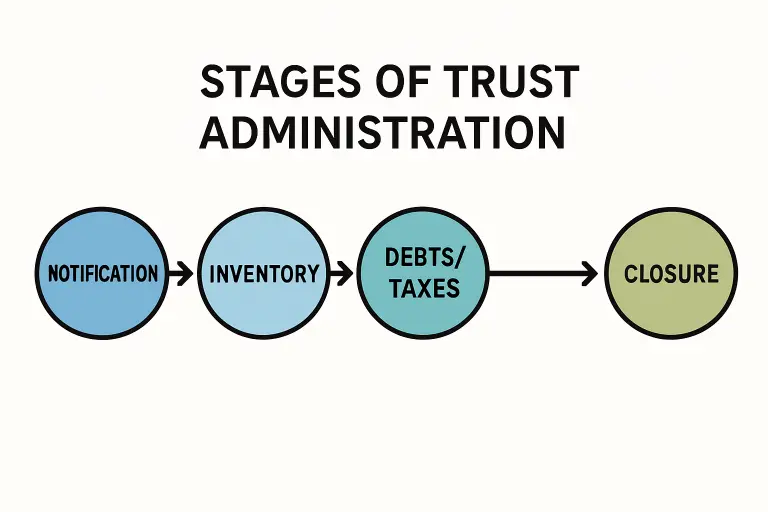Table of Contents
Key Takeaways
- Understanding cash flow is crucial for sustaining business operations.
- Accurate accounting practices help businesses monitor their financial health.
- Leveraging technology can streamline financial management tasks.
- Regular financial analysis can boost decision-making and profitability.
- Outsourcing financial tasks can save time and improve accuracy.
Cash Flow Management
A venture’s cash flow management is its foundation. It involves keeping an eye on and making the most of the money coming in and going out to ensure your company can pay its debts. Maintaining a positive cash flow allows businesses to invest in growth opportunities and handle unexpected expenses. Effective cash flow management is particularly crucial for non-profit organizations, which often operate on tight budgets. Non profit bookkeeping services can provide invaluable support in maintaining a clear financial picture and ensuring that every dollar is used effectively. Maintaining a positive cash flow involves ensuring that sales are robust and managing expenses prudently. Effective cash flow management strategies include accurate billing, timely follow-up on receivables, and efficient inventory management.
Accurate Accounting Practices
Maintaining accurate accounting records is paramount for understanding the financial health of your business. It’s necessary for preparing financial statements, filing taxes, and conducting audits. Accurate accounting practices are vital for compliance and transparency. Small businesses benefit significantly from diligently tracking expenses, incomes, and financial transactions. This practice not only helps in understanding the current financial standing but also aids in effectively planning for future expenditures. Clear and timely bookkeeping enables business owners to create detailed financial reports, plan for future growth, identify areas of improvement, and ensure compliance with tax regulations and laws. Moreover, it can prevent financial discrepancies and fraud, providing a trustworthy financial environment for the business.
Leveraging Technology
The advent of technology has simplified financial management for small businesses. Apps for tracking expenses and accounting software, for example, can automate repetitive tasks, lower the possibility of human error, and give you instantaneous financial status information. Using these tools and focusing on critical projects will help you save time and money. It is easier to monitor financial performance and ensure regulatory compliance with many software programs because their features can be easily customized to meet the specific needs of different industries. For instance, cloud-based accounting software makes real-time information updates and multiple user access possible, promoting collaboration and more effective financial management. Additionally, technology integration can streamline payroll processes, manage invoices, and facilitate easy bank reconciliations, enhancing the business’s overall economic health.
Regular Financial Analysis
Conducting regular financial analysis can help you make informed decisions. You can spot patterns, gauge performance, and make plans by examining financial statements, including the balance sheet and income statement. Better resource allocation and higher profitability are possible outcomes of this proactive strategy. Regular analysis also helps spot potential financial issues early on, allowing businesses to take corrective measures before the problems escalate. For instance, trend analysis can highlight cyclical patterns in revenue and expenses, helping companies better prepare for low- and high-demand periods. Similarly, ratio analysis can provide insights into a company’s efficiency, profitability, and financial stability, aiding in strategic decision-making and long-term planning.
Outsourcing Financial Tasks
Expert financial task outsourcing can be a financially advantageous approach for small businesses. Bookkeeping, payroll processing, and tax preparation are time-consuming and complicated tasks. You can guarantee accuracy and compliance by outsourcing these tasks, giving you more time to concentrate on your primary business operations. Moreover, expert accountants can offer strategic advice and insights based on extensive experience, which can be particularly beneficial for growing businesses. Outsourcing allows small organizations to access a higher level of expertise and technology than they might be able to afford otherwise. It also reduces the risk of errors and ensures that all financial activities maintain compliance with current laws and regulations. Outsourcing can also be scalable, providing services that grow with the business’s needs and objectives.































































































































































































































































































































































































































































































































































































































































































































































































































































































































































































































































































































































































































































0